Ghana is genuinely massive, encompassing sixteen separate regions and a population of over 31 million people, which explains why it offers so many jaw-dropping landscapes, wonderful tourist attractions, and characteristics found nowhere else in the world.
It’s no surprise that Ghana has been ranked as the most visited country in Africa in recent years. This is mostly due to the country’s beautiful scenery and natural wonders.
We Ghanaians know a thing or two about our nation, so we thought we’d offer a list of the most intriguing facts about Ghana. Without further ado, prepare to be blown away by some interesting things about Ghana.
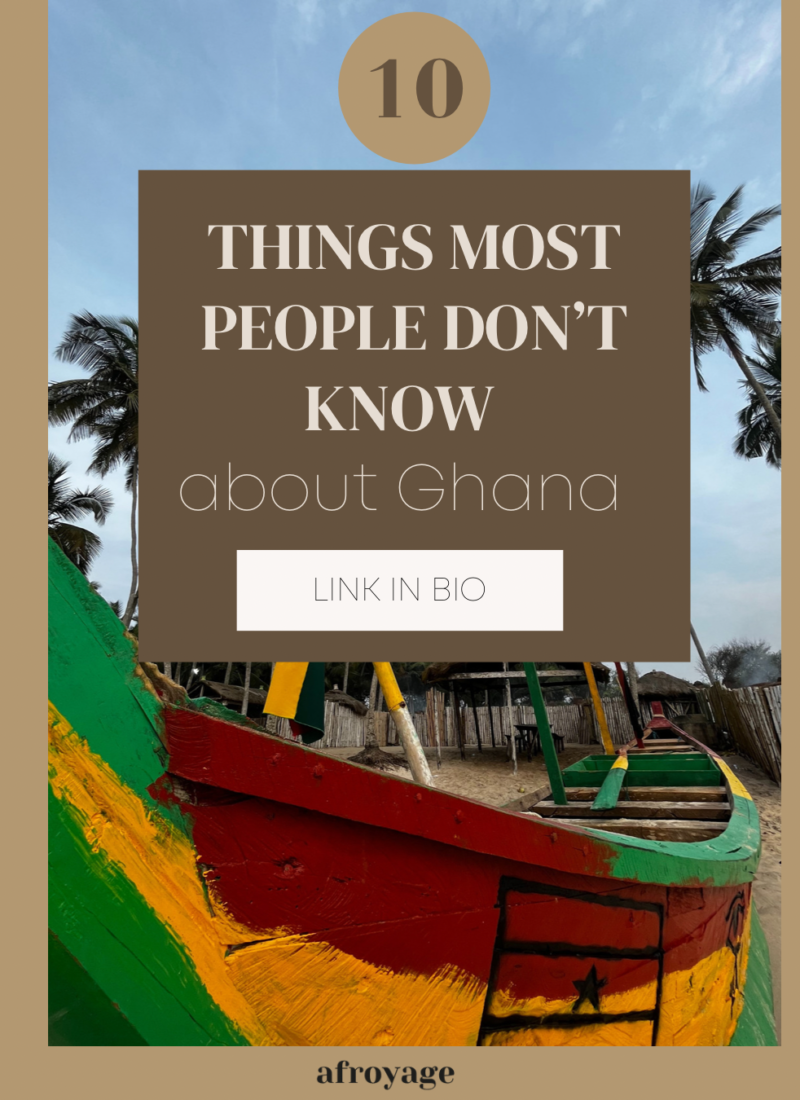
The first country to gain independence in Africa
First thing you need to know about Ghana – it was the first country in Sub-Saharan Africa to attain independence. Ghanaians campaigned for independence, led by Kwame Nkrumah.
Following a series of demonstrations, pleas, and lobbying, Ghana became the first African country to attain independence from British colonial forces on March 6, 1957.
Ghana became a beacon of hope as the first Sub-Saharan country to obtain independence and self-rule, setting a precedent that inspired other African countries to struggle for freedom as well.
Origin of the Ghanaian name
Another intriguing aspect of the country that must be understood is the name Ghana. Originally, Africans lived in empires, tribes, and groupings, but with the entrance of the early Europeans, this changed. They attempted to form a collective group with whom they might trade and dwell.
This is where the name Gold Coast comes from. They named the country Gold Coast because of the prevalence of alluvial gold in the rivers and the ease with which they found gold.
However, immediately after achieving independence and beginning the process of decolonization, the country’s first president, Kwame Nkrumah, chose to change the country’s name as well.
That is how Ghana got its name. It was an allusion to the Old Ghana Empire, an empire that formerly governed a large section of Africa, and the name Ghana means warrior King, reflecting the country’s hope and its residents’ power and perseverance in establishing a better country.
Ghanaian languages
Ghana is one of the few countries in the world with a diversified population and a wide range of languages spoken. There are at least 12 major ethnic groups in the nation, each with its own language.
In Ghana, at least 50 native languages are spoken, with around 11 of these languages being taught in schools. English is the official language of Ghana.
It was passed down from the British colonial rulers and is used in the country’s day-to-day administration and for official reasons.
Lake Volta
Lake Volta, dubbed the world’s largest manmade water reservoir, is one of Ghana’s numerous natural marvels. It runs from Akosombo to the country’s south and empties into the Atlantic Ocean.
The Volta Lake was created as a result of the construction of the Akosombo Dam.
The Akosombo Dam was constructed to provide energy to the country. The dam resulted in the formation of Lake Volta. The Volta Lake is one of Ghana’s most beautiful attractions.
Ghana's borders and neighbors
Ghana’s geographical location in regard to its neighbours is a distinguishing attribute. Ghana is the sole anglophone country in a region dominated by francophone nations.
Ghana is bounded to the north by Burkina Faso, to the east by Togo, to the west by Cote D’Ivoire, and to the south by the Gulf of Guinea (Atlantic Ocean).
This is due to the fact that the French conquered the neighbouring nations while the British colonized Ghana. As a result, Ghana has adopted the teaching of French in its schools, resulting in various inter-country interactions.
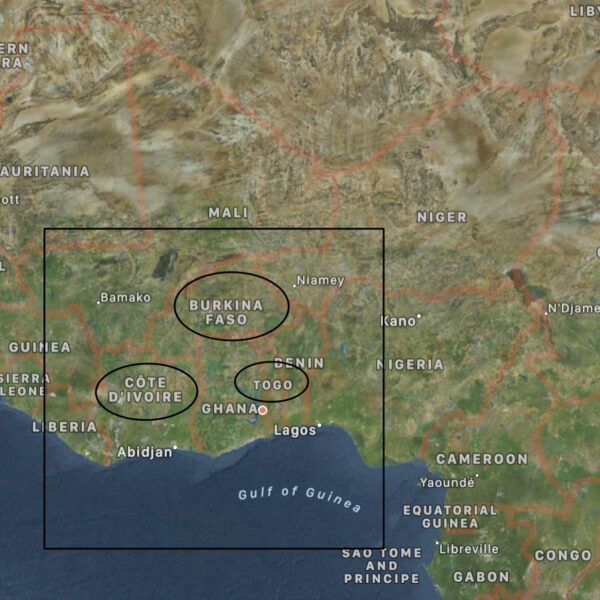
Religious nature of Ghana
More than 95 percent of Ghanaians are religious. Ghana is well-known for its religious nature and its people’s commitment to religion.
The Ghanaian constitution guarantees religious freedom, allowing citizens to join and worship with whatever faith they want.
Ghana now has three major recognized religions: Christianity, Islam, and African Traditional Religion. There is a high level of religious tolerance, and there has never been any friction between any of Ghana’s religious groups.
Nzulenzu - The village on stilts
Nzulenzu is a magical Ghanaian water village. It is located in Ghana’s Western Region, near Takoradi. The Nzulenzu town is constructed above Lake Tandane and is a UNESCO World Heritage Site as well as a prominent tourist destination in Ghana.
Nzulezu was established on the shores of Lake Tadane. Nzulenzu’s town is made up of stilt-supported buildings.
Nzulezu was erected above the river for security and safety during wartime raids since it is five kilometers inland from the Southwest coastlines.
Agriculture is the main source of income for its residents, with fishing serving as a secondary source of income. The lake is said by the locals to shield them from certain dangers.
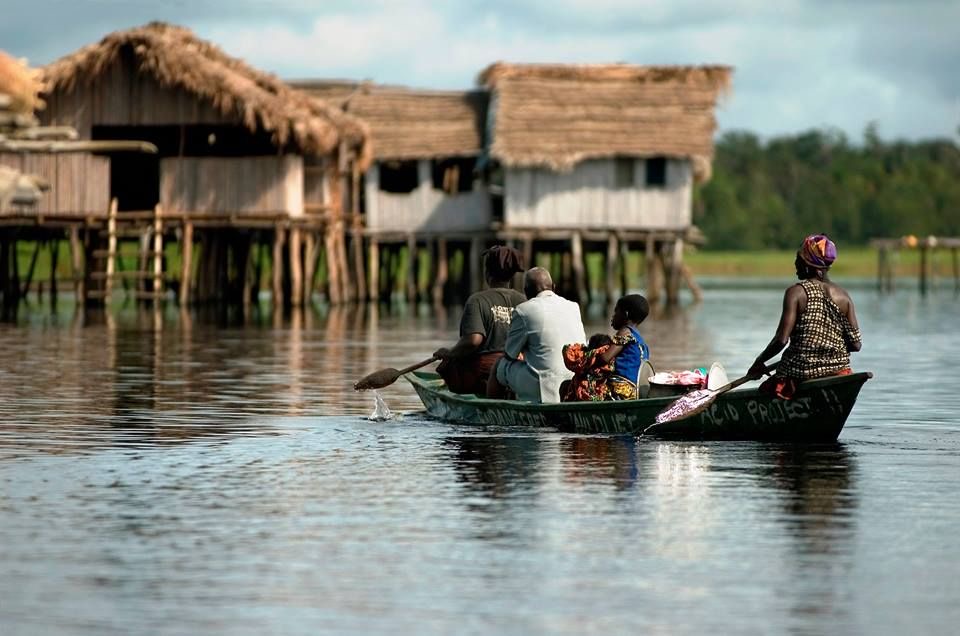
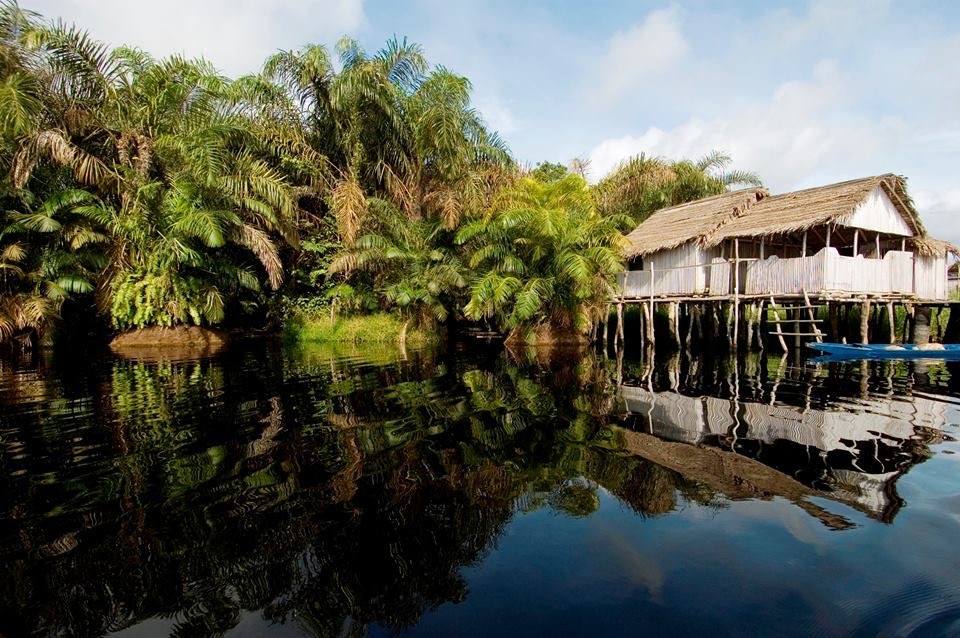
Ghana's famous "Fantasy Coffins"
The production of fantasy coffins is an odd Ghanaian phenomenon. In Ghana, rites of passage are revered and carried out with the greatest seriousness. Rites of passage are the phases that a person goes through while alive that usher them into the next stage of their life.
Birth rituals, puberty rites, marriage rites, and funeral rites are examples of rites of passage. In Ghana, everyone is required to go through all of these stages over their lives.
When people go through the stages, many celebrations and ceremonies are undertaken. When it comes to death rituals, however, things turn serious, and people like to use their creative ability, such as building a coffin that looks like a vehicle for a deceased person who was formerly a career driver or a coffin that looks like a large fish for a fisher.
All of this is done to pay last respect and honor to the deceased and their vocation. It is not as popular throughout Ghana. However, if you ever see someone buried in what appears to be a pen, know that you are witnessing the funeral of a teacher.
Nzulezu was established on the shores of Lake Tadane. Nzulenzu’s town is made up of stilt-supported buildings. Nzulezu was erected above the river for security and safety during wartime raids since it is five kilometers inland from the Southwest coastlines.
Agriculture is the main source of income for its residents, with fishing serving as a secondary source of income. The lake is said by the locals to shield them from certain dangers.
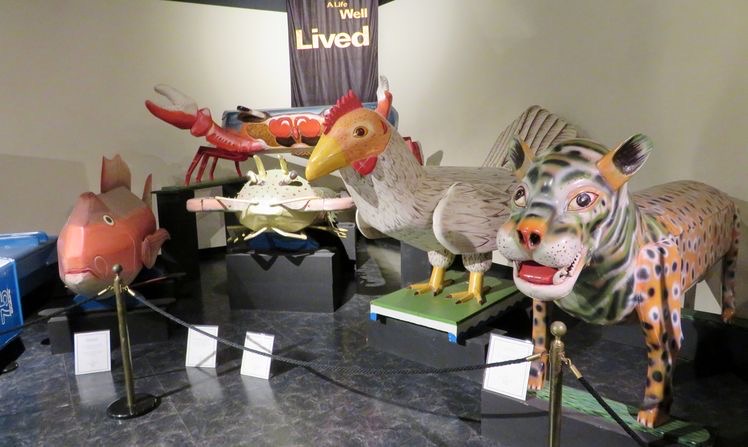
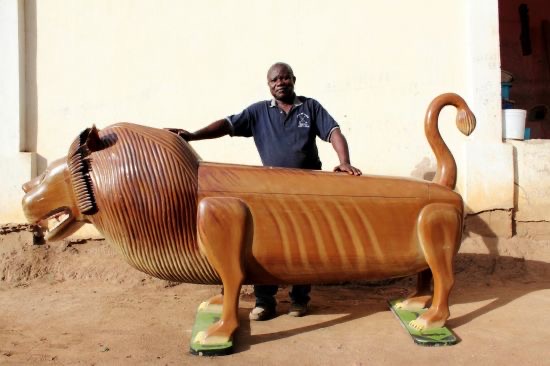
Wode Maya
Wode Maya, a YouTube vlogger and adventurer, is one of Ghana’s most prized exports. He was born in Ghana and grew up with a passion for producing documentaries about his own country and travels.
Today, he has been to various places of Africa and has recorded movies of his adventures. Some of his vlogs may be seen here.
Cultural day naming of children
In Ghana, children are named after the day they were born. This is true of all ethnic groups in the nation.
This is done in the idea that it has spiritual and social impacts on the kid and bestows benefits on them.
So, if you hear the names Kobla or Kobby, he is an Ewe born on Tuesday, and if you hear Kweku, he is an Ashanti born on Wednesday.
So...
It is clear that Ghana possesses some of the best and most unique features that people don’t know about.
It is a melting pot of peaceful and tolerant cultures with a rich history that intrigues learners.
Make it a point to visit the country on your next holiday trip and share this post with a friend too!
Thank you & see you next time!

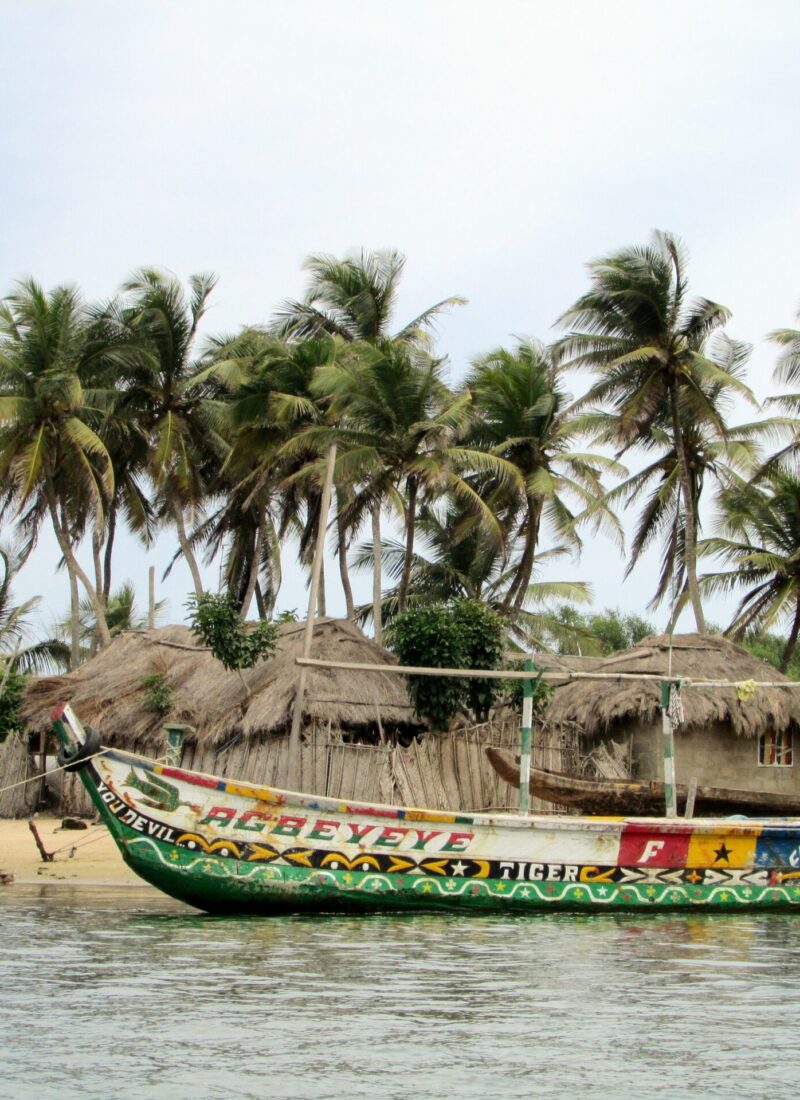
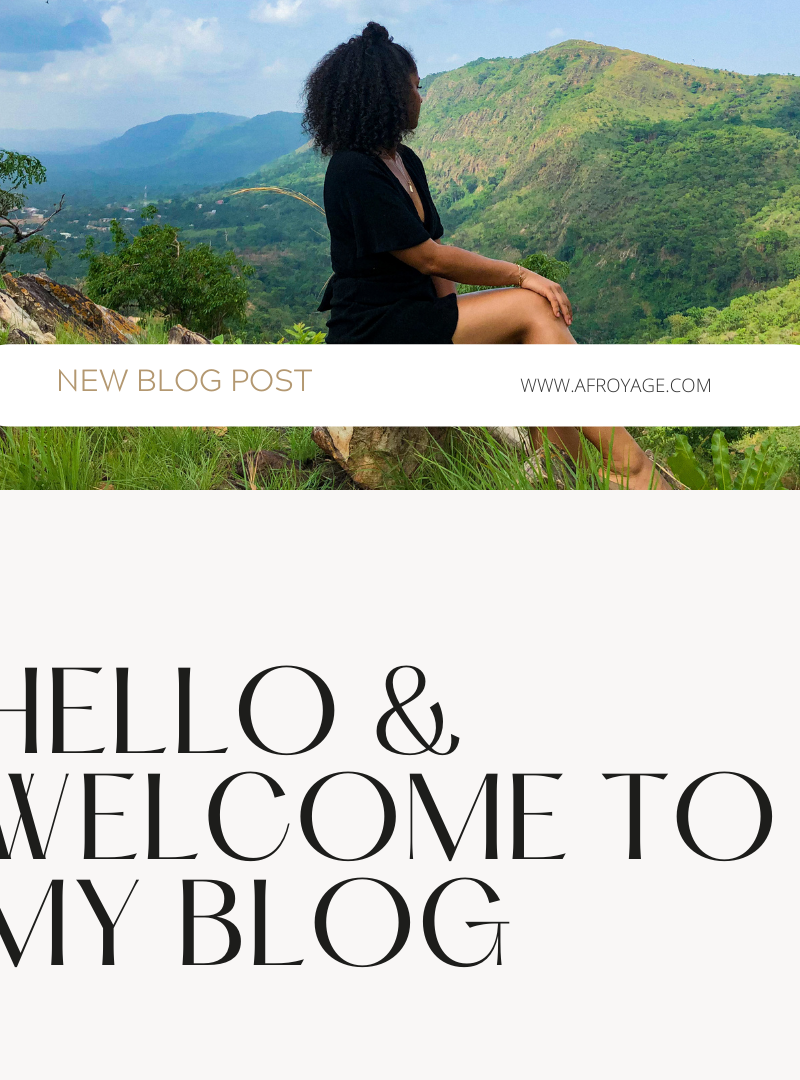
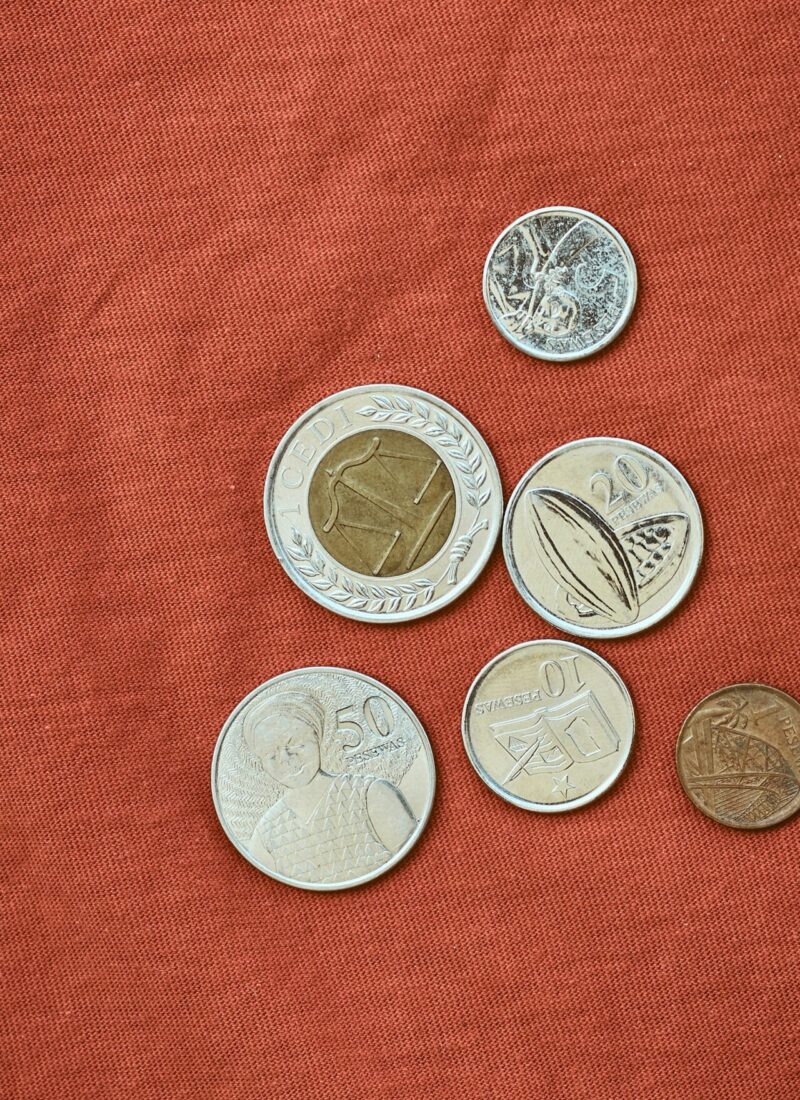

Leave a Reply
You must be logged in to post a comment.